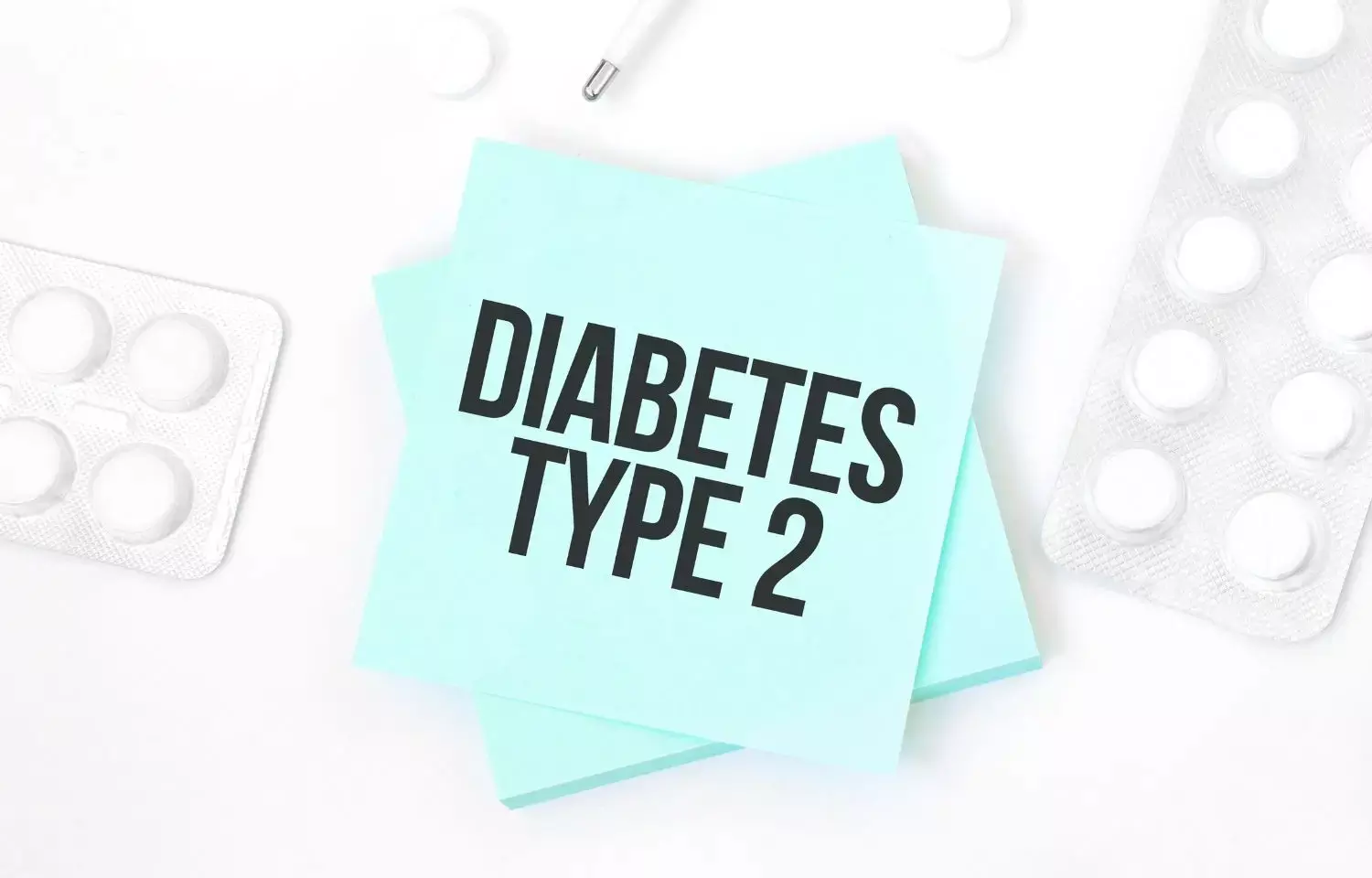- Home
- Medical news & Guidelines
- Anesthesiology
- Cardiology and CTVS
- Critical Care
- Dentistry
- Dermatology
- Diabetes and Endocrinology
- ENT
- Gastroenterology
- Medicine
- Nephrology
- Neurology
- Obstretics-Gynaecology
- Oncology
- Ophthalmology
- Orthopaedics
- Pediatrics-Neonatology
- Psychiatry
- Pulmonology
- Radiology
- Surgery
- Urology
- Laboratory Medicine
- Diet
- Nursing
- Paramedical
- Physiotherapy
- Health news
- Fact Check
- Bone Health Fact Check
- Brain Health Fact Check
- Cancer Related Fact Check
- Child Care Fact Check
- Dental and oral health fact check
- Diabetes and metabolic health fact check
- Diet and Nutrition Fact Check
- Eye and ENT Care Fact Check
- Fitness fact check
- Gut health fact check
- Heart health fact check
- Kidney health fact check
- Medical education fact check
- Men's health fact check
- Respiratory fact check
- Skin and hair care fact check
- Vaccine and Immunization fact check
- Women's health fact check
- AYUSH
- State News
- Andaman and Nicobar Islands
- Andhra Pradesh
- Arunachal Pradesh
- Assam
- Bihar
- Chandigarh
- Chattisgarh
- Dadra and Nagar Haveli
- Daman and Diu
- Delhi
- Goa
- Gujarat
- Haryana
- Himachal Pradesh
- Jammu & Kashmir
- Jharkhand
- Karnataka
- Kerala
- Ladakh
- Lakshadweep
- Madhya Pradesh
- Maharashtra
- Manipur
- Meghalaya
- Mizoram
- Nagaland
- Odisha
- Puducherry
- Punjab
- Rajasthan
- Sikkim
- Tamil Nadu
- Telangana
- Tripura
- Uttar Pradesh
- Uttrakhand
- West Bengal
- Medical Education
- Industry
Western diets rich in fructose and fat linked to incident diabetes

People habitually inclined to consume burgers, fries and soda may have to think twice about their dietary choices following scientists' latest findings about high-fat, high-fructose diets.
According to a new study published in Cell Metabolism, Western diets rich in fructose and fat are linked to incident diabetes via glycerate-mediated loss of pancreatic islet cells.
A team led by Xiling Shen, Ph.D., Chief Scientific Officer at the Terasaki Institute for Biomedical Innovation (TIBI) has discovered that a high-fat diet can increase fructose metabolism in the small intestine, leading to release of a fructose-specific metabolite called glycerate into circulation. Circulating glycerate can subsequently cause damage of the insulin-producing pancreatic beta cells, increasing the risk of glucose tolerance disorders, such as Type 2 diabetes mellitus (T2DM).
Although T2DM is typically found in older people, it has been occurring more and more in younger people. In the past two decades alone, T2DM has doubled in prevalence. Equally concerning are the health risks associated with T2DM, including heart disease and stroke.
In T2DM, there are insufficient levels of insulin, a hormone that regulates movement of glucose into peripheral cells; this usually occurs due to insulin resistance, a condition in which peripheral tissues do not respond normally to insulin and take in less glucose. To compensate for this, the pancreas overworks to secrete additional insulin, with eventual loss of this ability. The result is an unhealthy accumulation of glucose in the blood.
Much research has been conducted about the influence of high fructose and fat diets on the development of TD2M. Past research has shown that fructose produces deleterious effects in the liver. However, additional research has shown that these effects are normally avoided by fructose metabolism in the small intestine; the liver only joins in the metabolic process when fructose levels are excessive.
These paradoxical observations prompted Dr. Shen's group to explore fructose metabolism in the small intestine to determine its role in the development of T2DM. Experiments with mice fed a high-fat diet (HFD), along with matched quantities of sugar, resulted in higher fructose metabolism in the small intestine. Higher amounts of the fructose metabolic intermediate, glycerate, were produced in the small intestine and released into the systemic blood circulation. These observations suggest that a HFD can elevate fructose metabolism in the small intestine and increase production of circulating glycerate.
Further support for glycerate's role in diabetes was obtained when the scientists examined information from patients with a rare disease called D-glycerate aciduria; these patients exhibit abnormally high levels of circulating glycerate. The team's analysis revealed that this abnormality posed a significant and independent risk factor for diabetes among these patients. Additional experiments were conducted to test the effects of circulating glycerate and fructose given to normal and HFD mice.
The results indicated that the observed glucose impairments in the glycerate-injected mice were due to a decrease in circulating insulin, rather than insulin resistance. Histologic data confirmed reduced numbers and elevated deaths of the insulin-producing beta cells in pancreatic islet regions in glycerate-injected mice, resulting in decreased levels of insulin.
Collectively, the scientists' findings suggest that a prolonged exposure to high levels of glycerate due to excessive consumption of western diets rich in dietary fructose and fat poses the risk of damage to the pancreatic islet cells and development of diabetes.
"Elucidating the processes for metabolizing the foods that we eat is a crucial component in optimizing our nutritional health," said Ali Khademhosseini, Ph.D., TIBI's Director and CEO. "Understanding these processes also allows us to develop more targeted and personalized treatments for increasingly prevalent diseases like diabetes."
To read the full article, check out the following link:
Dr Kamal Kant Kohli-MBBS, DTCD- a chest specialist with more than 30 years of practice and a flair for writing clinical articles, Dr Kamal Kant Kohli joined Medical Dialogues as a Chief Editor of Medical News. Besides writing articles, as an editor, he proofreads and verifies all the medical content published on Medical Dialogues including those coming from journals, studies,medical conferences,guidelines etc. Email: drkohli@medicaldialogues.in. Contact no. 011-43720751


